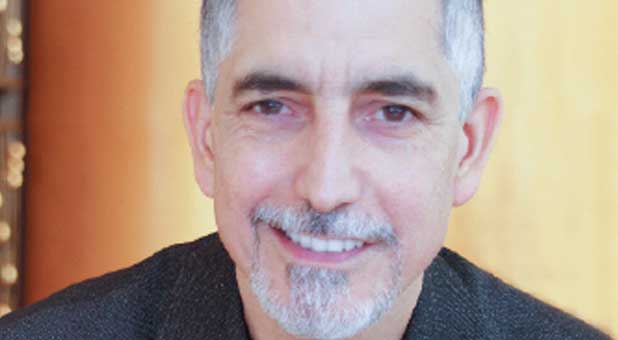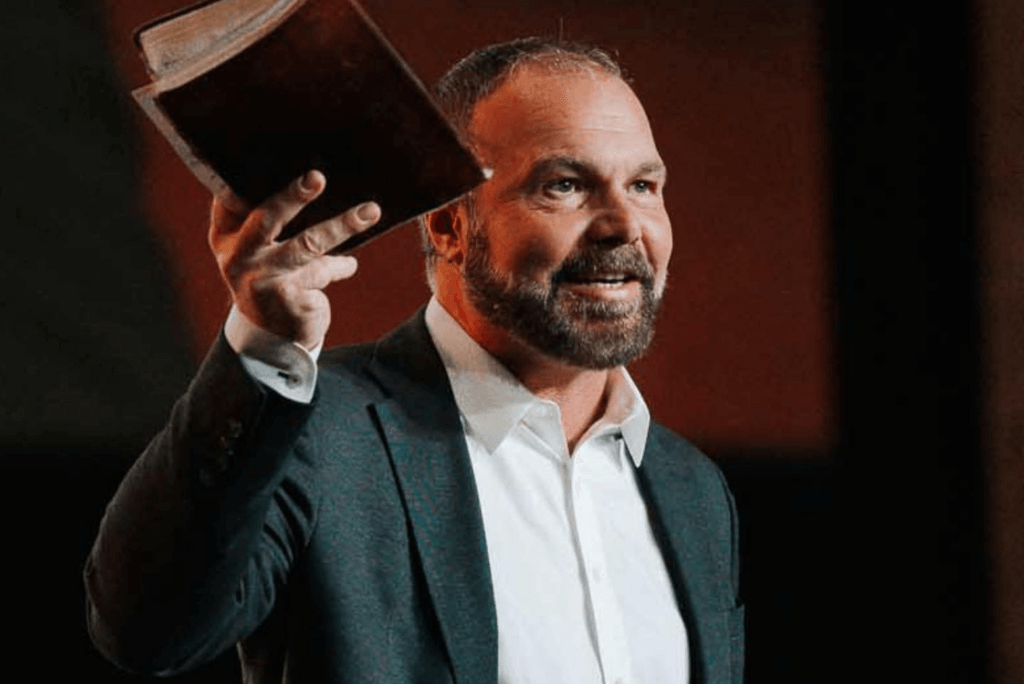During this time of year when we celebrate the advent and incarnation of Christ Jesus it is important that we think more broadly regarding the amazing ramifications of the incarnation for both our personal lives and civil society. His incarnation not only provided individual salvation to His elect but was the impetus to vast political and sociological transformation over the past 2,000 years.
In essence, this short article articulates the fourfold process of how theology gives birth to a philosophy of life, which gives birth to political theory resulting in public policy. The following observations begin to explore the positive political and social effects of the incarnation of Jesus Christ.
Political Theory
When we realize that God became a man we begin to understand the dignity He has bestowed upon all of humanity. This understanding of dignity has enormous consequences in regards to how political systems affected by the gospel have viewed the relationship between civic rulers and those they lead.
Jesus said that He came not to be served but to serve (Matt. 20:28) and that, in spite of being God, He took upon Himself the form of a servant (Phil. 2:5-11). Because of this, a slow revolution has taken place with the potential to displace the theory that certain special people are born with a divine right to lead over other people instead of representing their needs.
This Jesus concept, foreign to how kings ruled during and prior to the time of Christ, resulted in the English Magna Carta. This was the first document forced onto an English king by a group of his subjects (the barons) in an attempt to limit his powers by law and protect their privileges (For the text of the Magna Carta: http://www.archives.gov/exhibits/featured_documents/magna_carta/).
Years later, when the kings of England again became tyrannical, Samuel Rutherford wrote Lex, Rex which means “The Law is King” (http://www.constitution.org/sr/lexrex.htm). This book again stated that kings do not have a divine right to rule by birth, that they had to represent the people, and that they themselves were under the law.
In addition, the lynchpin of the U.S. Declaration of Independence is the fact that humans have been “endowed by their Creator with certain unalienable rights” (www.ushistory.org/declaration/).
Conversely, if Jesus were not God but merely a created being then the biblical answer to the philosophical challenge of the “one and the many” as modeled by the Trinity (which alone gives us the societal underpinning of experiencing unity in diversity) would have been denied, thus leaving it up to the political state to force unity through laws based on humanism and political coercion. Also, there would have forever been a great divide between God and man in which God would have remained a mystery and unknowable to humanity, thus leaving it up to a humanistic political entity to attempt to grant their subjects significance, unity in community, true meaning, and coherence through a large central government controlling their lives.
Finally, if Jesus were merely a created being who attempted to attain godhood this would leave the door open for other men to be considered greater in divine stature (e.g. future political kings who could rule as tyrants). Thus, the idea of a republic built upon transcendent law with a democratic process of electing civil magistrates to represent the needs of the people originally came from the Old Testament (Exodus 18:13-27) and was further developed by Christian leaders after the incarnation of Christ.
Social Ramifications
When God took upon Himself human flesh He further elevated the unique dignity of humanity as the crown of His creation, made in His image and likeness (Psalm 8:4; Gen. 1:26-27). This elevation of man resulted in Christians leading the way in standing against abortion and infanticide; abolishing slavery; caring for the sick, dying and poor among them; crafting child labor laws; leading the fight for civil rights and universal human rights; and elevating the respect of women, children, and families. (For more on this subject read Why You Think the Way You Do by Glenn Sunshine and the life stories of Christian reformers such as Dr. Martin Luther King, William Wilberforce, and Charles Simeon.)
Consequently, billions of people throughout the centuries owe the orthodox Christian view of Christ’s incarnation a huge debt for its philosophy of serving humanity through political leadership and human service organizations.
Joseph Mattera has been in full-time ministry since 1980 and is currently the presiding bishop of Christ Covenant Coalition and Overseeing Bishop of Resurrection Church in New York, a multiethnic congregation of 40 nationalities that has successfully developed numerous leaders and holistic ministry in the New York region and beyond. Click here to visit his website.
See an error in this article?
To contact us or to submit an article





















